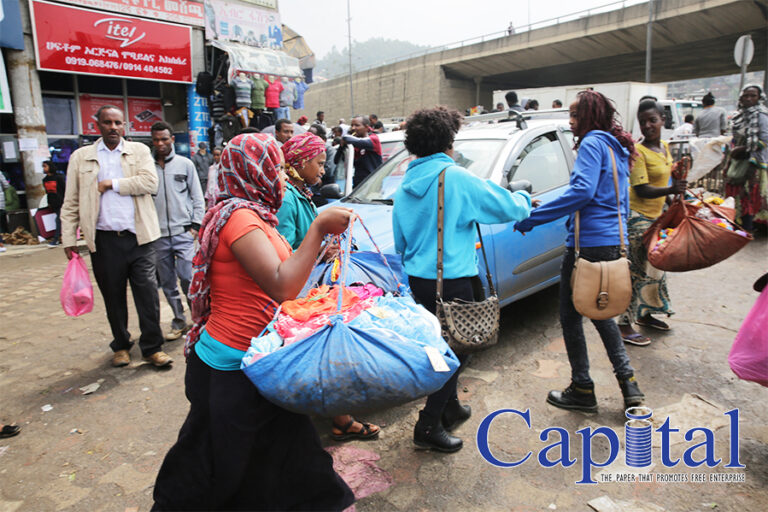Ministry signs agreements with 8 coal mining companies
The Ministry of Mines (MoM) has signed agreements with 8 coal mining companies that registered a combined capital of 6 billion birr.
The agreement would help achieve Ethiopia’s drive to fully replace imported coal with domestic production, it was noted during the signing ceremony.
Minister of Mines, Takele Uma, said that he is hopeful that the companies will start production as per scheduled.
He pledged to provide all need support for the success of the plan.





